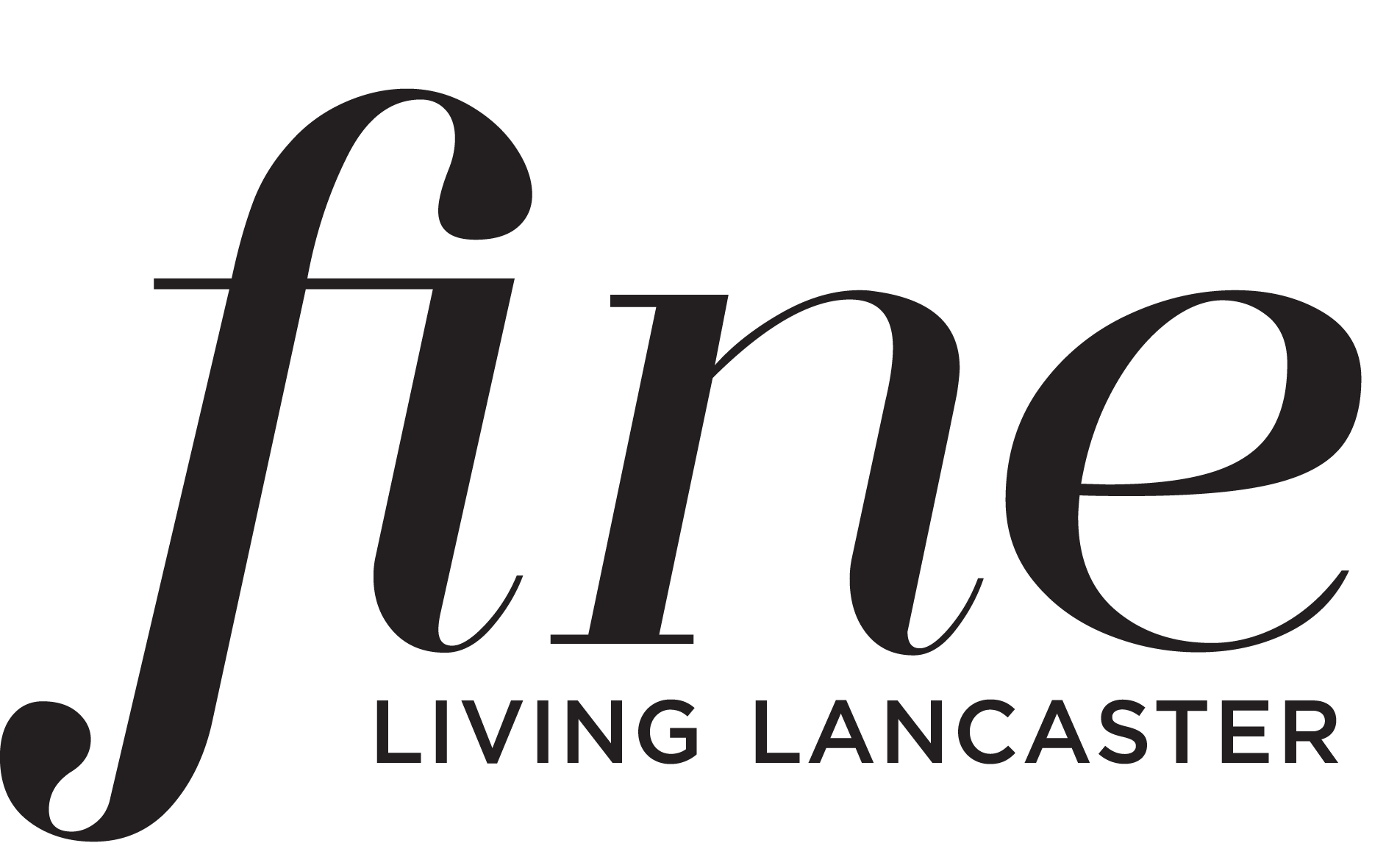How Music Benefits Babies
For the Music Issue of FLL, I thought I would write about a few of the numerous benefits of music for babies and young children. Did you know that babies are already starting to hear around 18 weeks of gestation? Just 18 weeks after conception, the complex structure of tubes that make up the inner ear are formed and, even though the fetus does not yet have outer ears, the bones and tubes of the inner ear are connected to the parts of the brain that interpret sound waves. When babies are in utero, they are able to interpret sounds of lower frequencies. One of the very first sounds that an unborn baby hears is the repetitive thump of their mom’s heartbeat. This is rhythm! One study found that fetuses move rhythmically to the sound of a beating drum.
Parents and caregivers can use this sense of rhythm to teach some basic early math skills. Rhythm is a part of a song or a part of a whole, just like fractions, decimals, and percentages. This early concept of all of the beats and notes of music coming together to make a song can provide early math foundations. Babies have innate rhythm. You have probably heard the spoon repetitively hitting the highchair tray, or the tiny foot repetitively kicking the back of the car seat…. rhythm!
The left side of our brain controls the right side of our body and vice versa. The two sides of the brain are connected by a fibrous structure called the corpus callosum. Processing music is an activity that stimulates both sides of the brain at the same time, helping to develop the corpus callosum. This helps with higher level cognitive, motor, and coordination skills later on in life. Allowing children to listen to music helps to build these important skills.
Processing music is also great for developing the sense of hearing, which is well-developed at birth but continues to fine tune throughout a baby's first year. It is also great to read to babies and talk to babies all day long. Babies are processing the tone and sound of your voice and start to understand the pause and flow of conversations as early as three weeks.
Babies are born with no sense of balance, but it develops significantly over the first year until babies are eventually pulling to stand and taking their first steps. Because balance is housed in the inner ear, simply processing the sound of music helps to develop a baby’s sense of balance, as well.
Allow babies to listen to different types of music. Use the lyrics of music to teach words and language. Use the beat to teach rhythm and early math. Use cultural music to teach about different customs and diversity. Use music to encourage dance and movement and large body movements to build motor skills and coordination. The possibilities of music are endless—and babies love to sing and dance!
By Aimee Ketchum








